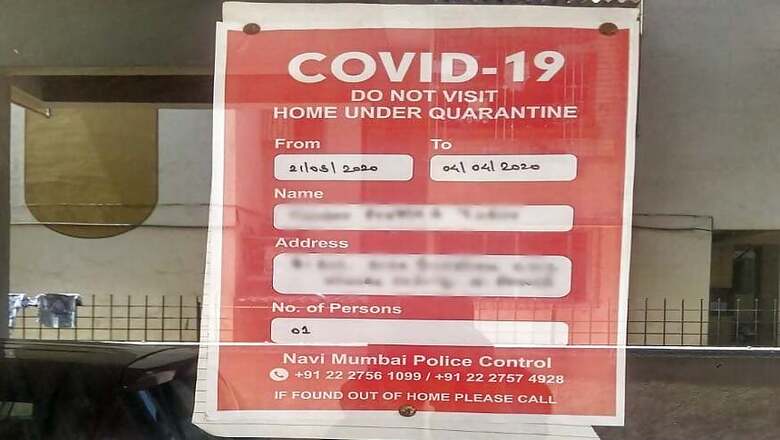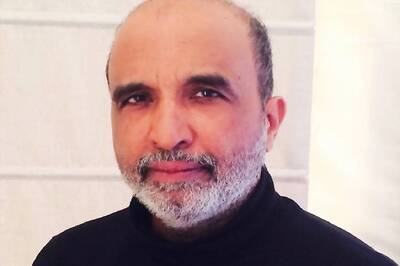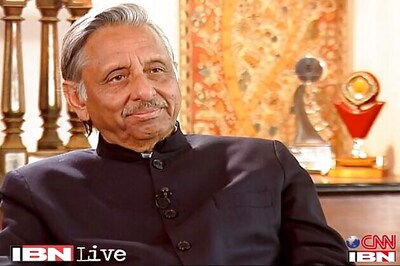
views
New Delhi:Containment and quarantine have been the two pillars of India’s battle against the COVID-19 outbreak. While containment refers to the screening of international travellers at airports, quarantine is a mitigation strategy considered to be more effective along with social distancing and home isolation. The efficacy of the quarantine also rests on the work of surveillance by local health departments.
Over the last fortnight, an unprecedented number of passengers- over 15.24 lakh have been screened at airports and a large section of them have been quarantined. Mumbai, the financial capital of India, is one of the worst-hit in this pandemic and over 11,000 people have quarantined across Maharashtra. News18.com spoke to two people who returned to the city from abroad last week.
Mandar Yadav, 32, an engineering designer flew from Malembo in Angola to Mumbai via Dubai while Nitin Ghanekar, 56, a maritime sailor, flew to Mumbai from Dubai and had travelled to the industrial port town Ras Laffan, Qatar before that. Both of them who had arrived last week, just before India announced a complete ban on international flights, have been under home quarantine which will last till the first week of April.
While the two have had many things in common over the last one week or so including a phase of uncertainty over their timely return back home, their experiences reflect the contrast in how thorough or lax surveillance is.
The contrast in experience ranges from the time they landed at the airport, to surveillance and follow-ups carried out by the local health departments. Yadav’s hand was stamped at the airport which bore his quarantine duration period. Once home, the local police visited the housing society where he stays to enquire about people who have come back from abroad. The local police also paid a visit to his home along with a nurse from the municipal body.
“After the police visited my housing society, my mother voluntarily provided details of my work trip to the police. On March 22, they visited my home accompanied by a nurse. They inquired if I was following quarantine and also checked if there was adequate space in my home to isolate myself,” Yadav said. He also received a follow-up phone call on March 24 from the same nurse, Yadav said.
Besides, the police stuck a notice in his housing society asking other inhabitants to not visit his home. The notice also detailed the duration of his quarantine, his name and said, “If found out of home, please call.”
Meanwhile, Ghanekar, a resident of Dadar (West), has neither been paid a visit by any health worker nor has he received any phone call, even though he is above 50 years of age. “I was expecting some kind of follow up from the authorities. I have been staying in a separate room, I have my designated chair and during meals, I am sitting away from my wife,” Ghanekar said.
Curiously, Ghanekar had also come back to Mumbai from a work trip early in February and went through the screening process. Even in February, he did not receive any calls and nobody paid a visit from the municipal corporation. During his four days of quarantine, Yadav has also been at the receiving end of some overeager neighbours and residents of his apartment. On Sunday, a few residents argued with his mother as to why she was stepping out to buy groceries. Despite informing them that the police are aware of his quarantine, they did not budge and informed the municipal authorities.
“I understand people are being overcautious and the situation is tense. But people cannot harass those following government advisories and orders. Thankfully, the municipal authorities are supportive and have asked me not to worry,” Yadav said.
“This (crisis) is something all of us are facing equally. Following the government's instructions will do good for everyone not just for us and our families. But there are several people who are being callous and people from communities should make them aware,” Yadav added.
Disclaimer: The people interviewed are related to the writer.




















Comments
0 comment